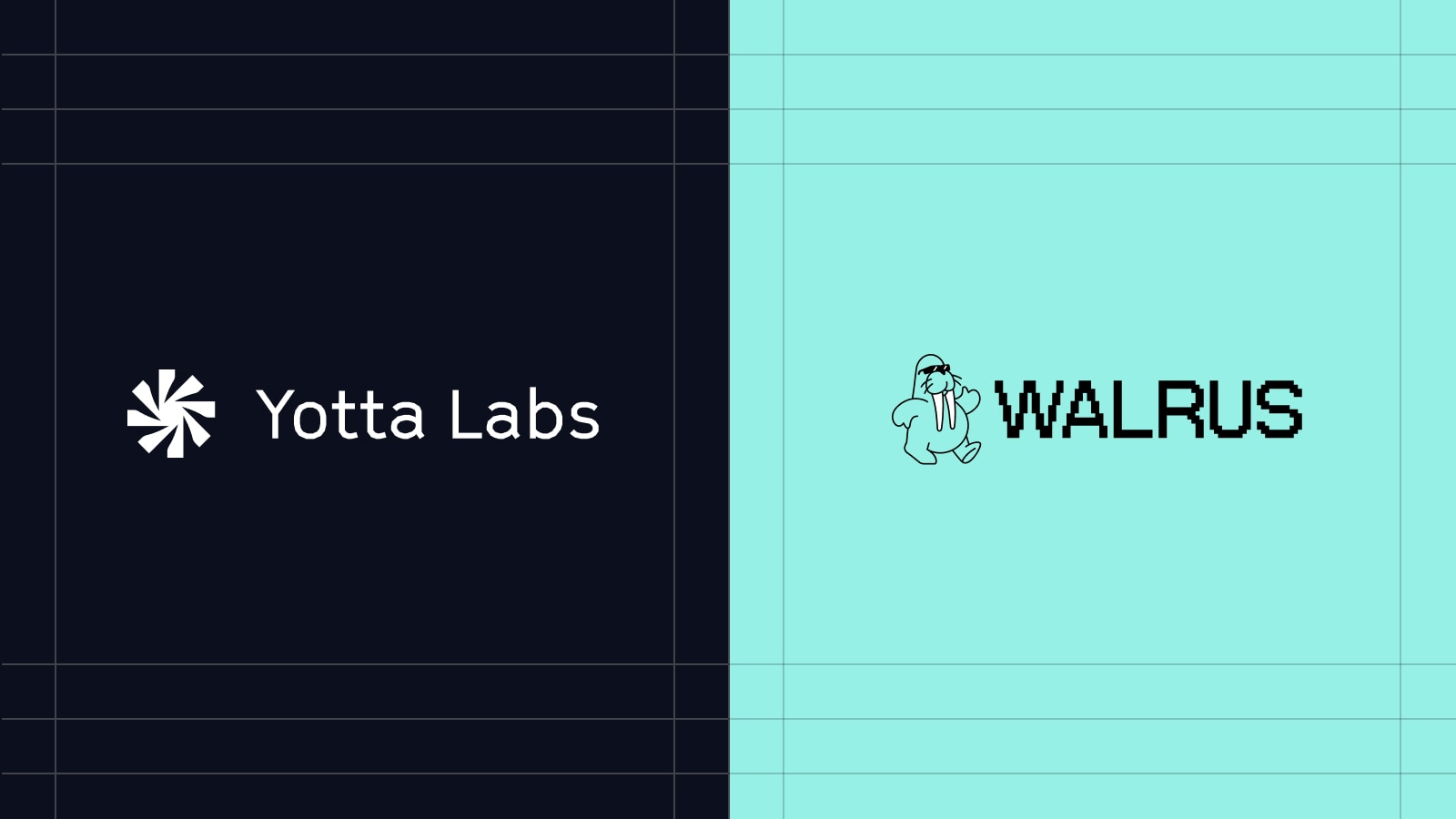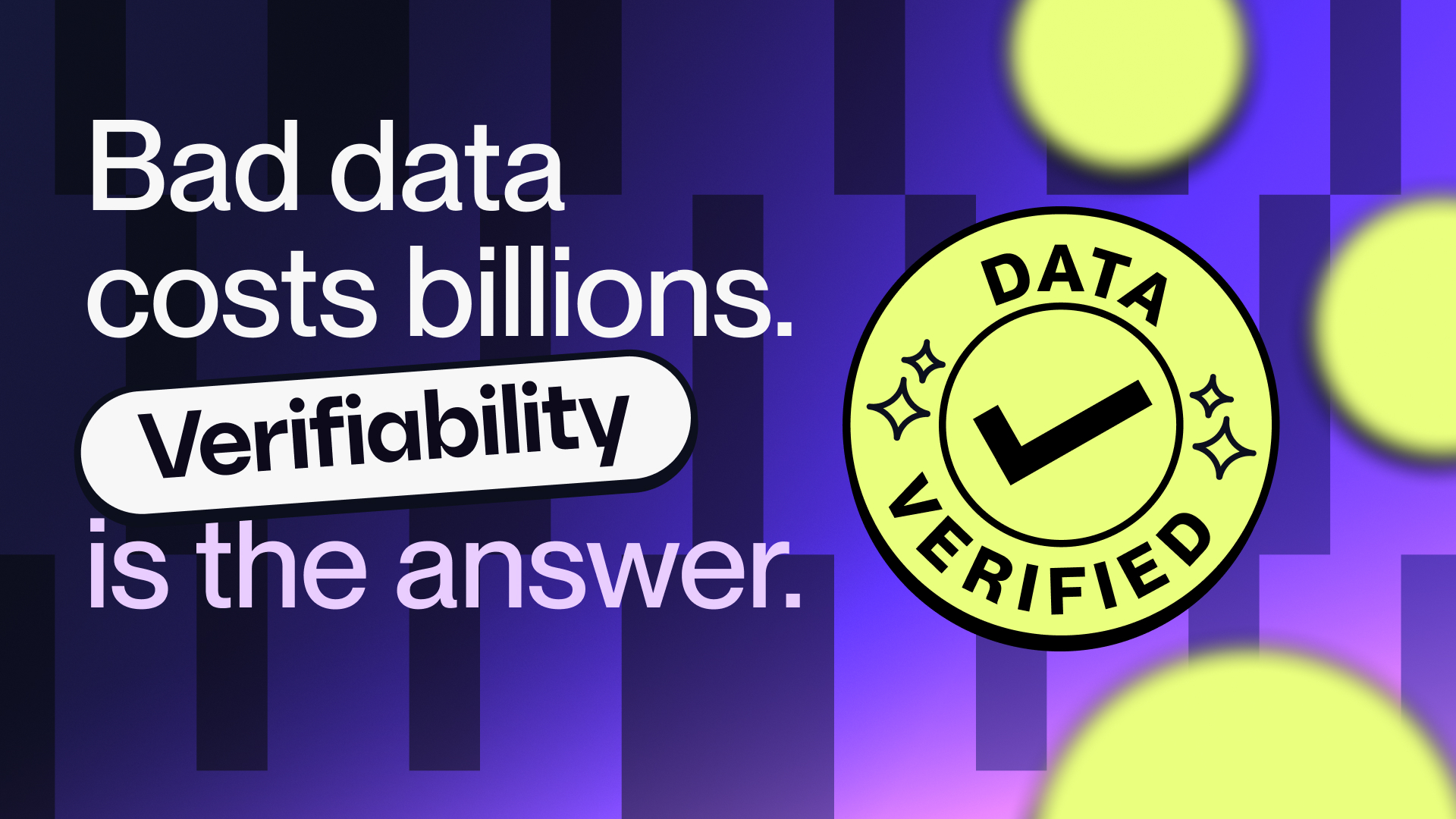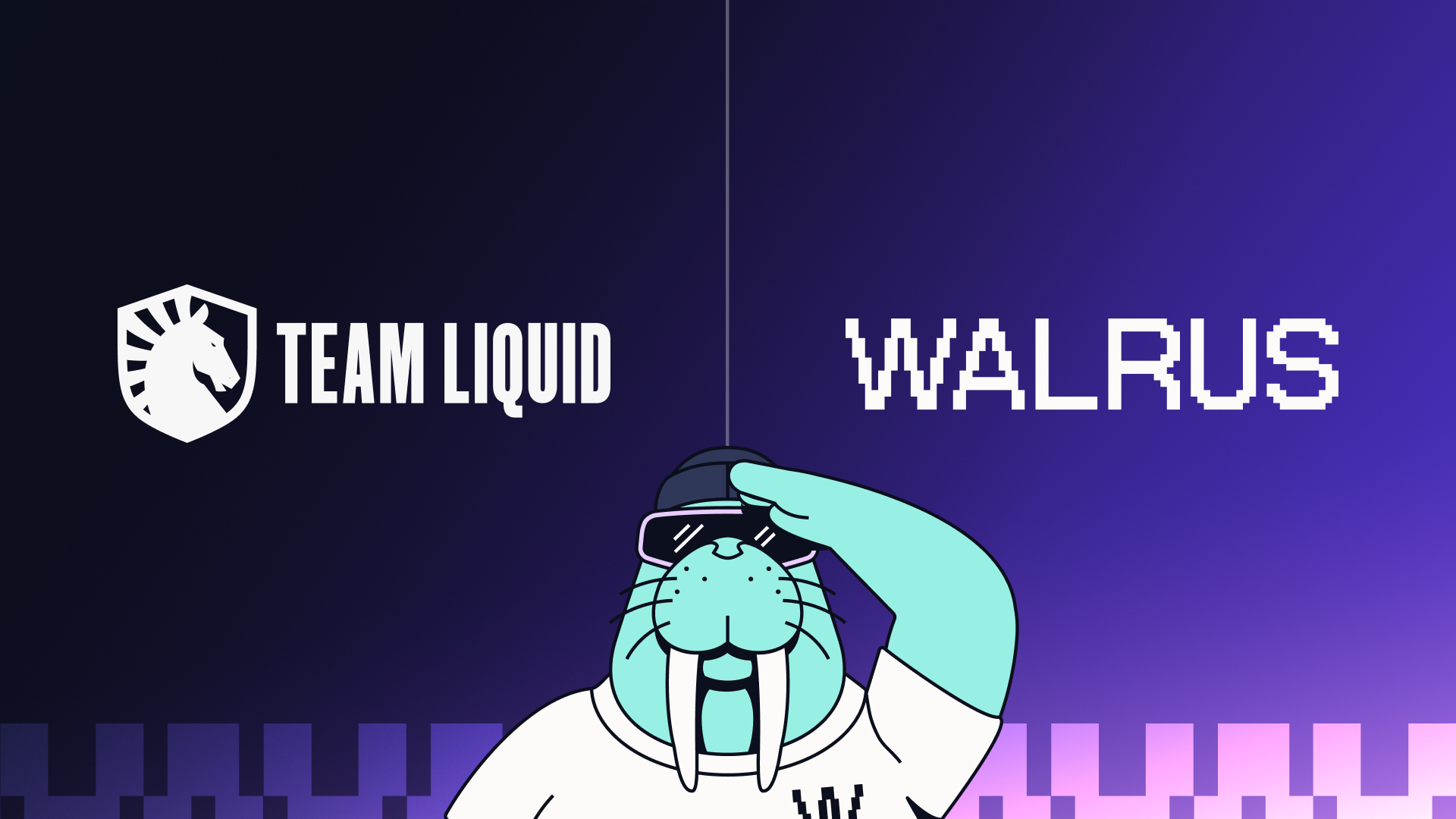Yotta Labs Taps Walrus as the Dedicated Data Layer for Decentralized AI Storage and Workflow Management
The partnership will deliver high-performance, lower-cost AI data storage without sacrificing decentralization, and pave the way for integration with Mysten Labs’ Seal and Nautilus.

Yotta Labs, builders of the Decentralized Operating System (DeOS) for AI, has partnered with Walrus to deliver high-performance, decentralized storage that reduces overhead for AI workloads and provides seamless, cost-effective data management for Yotta users. The partnership will also support the integration of additional Mysten Labs services, namely Seal and Nautilus, aimed at providing additional security and verifiability capabilities for the platform.
Walrus addresses concerns from AI developers around centralized storage and its high cost to developers at scale, without the performance drawbacks of other decentralized solutions. As Yotta’s default data layer, Walrus gives users access to highly performant yet cost-effective storage for the large volumes of artifacts and media outputs generated by AI workflows.
“As experts in both machine learning and blockchain technology, the Yotta Labs team has a fundamental understanding of where centralized solutions for data management fall short,” said Rebecca Simmonds, Managing Executive at Walrus Foundation. “AI is only as good as the data it’s trained on. With this collaboration, Yotta will no longer need to trade decentralization for performance, leveraging the Walrus platform to deliver lightning-fast data management at a fraction of the cost.”
Optimized for efficient machine learning across multiple hardware standards, Yotta Labs is building an AI Cloud platform that offers AI-native tools to simplify access to scalable compute power. The platform enables developers to run training, inference data, and other machine learning workloads with a few clicks, while also offering architecture-aware optimization that works across heterogeneous AI accelerators.
“Centralized storage is often prohibitively expensive at scale, particularly for large AI workloads that involve training, model checkpoints, and logs,” said Daniel Lee, CEO at Yotta Labs. “Decentralized solutions rarely offer the features our platform requires - fast retrieval times, granular access controls, and seamless integration. Walrus has all of these baked directly into its architecture, making it the right fit for affordable yet performant AI data requirements.”
The Walrus integration enhances Yotta’s existing framework for data storage integrations, which includes user-managed storage buckets, intermediate storage solutions, and model/dataset storage - while paving the way for Retrieval-Augmented Generation (RAG) systems and decentralized memory architectures built directly on top of Walrus. This will enable programmable, content-addressable storage as a robust foundation for agent-based systems.
Alongside the integration of Walrus, Yotta will work with Mysten Labs through the partnership to incorporate additional platforms, such as Seal and Nautilus, into its AI development suite. With its mainnet launch imminent, Seal will allow for fine-grained access control and support signed URLs, enabling critical permissioned data access for workflows.
To learn more about Yotta Labs and how it is advancing decentralized AI infrastructure, visit: https://yottalabs.ai




